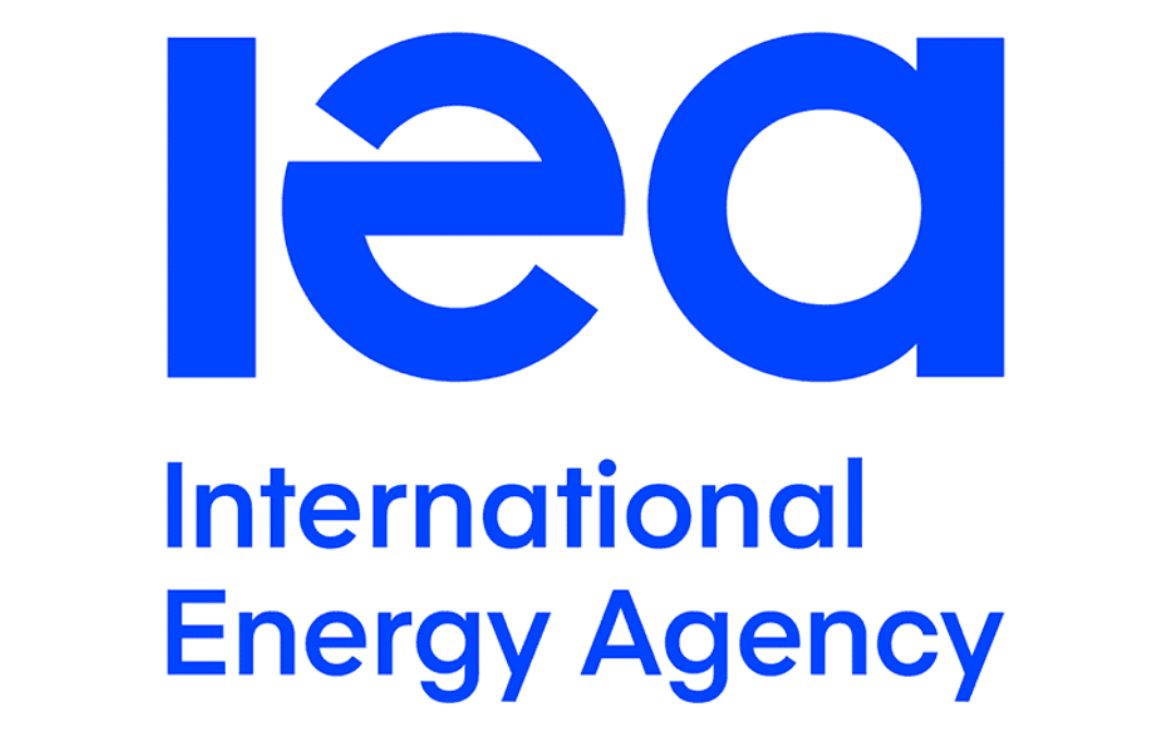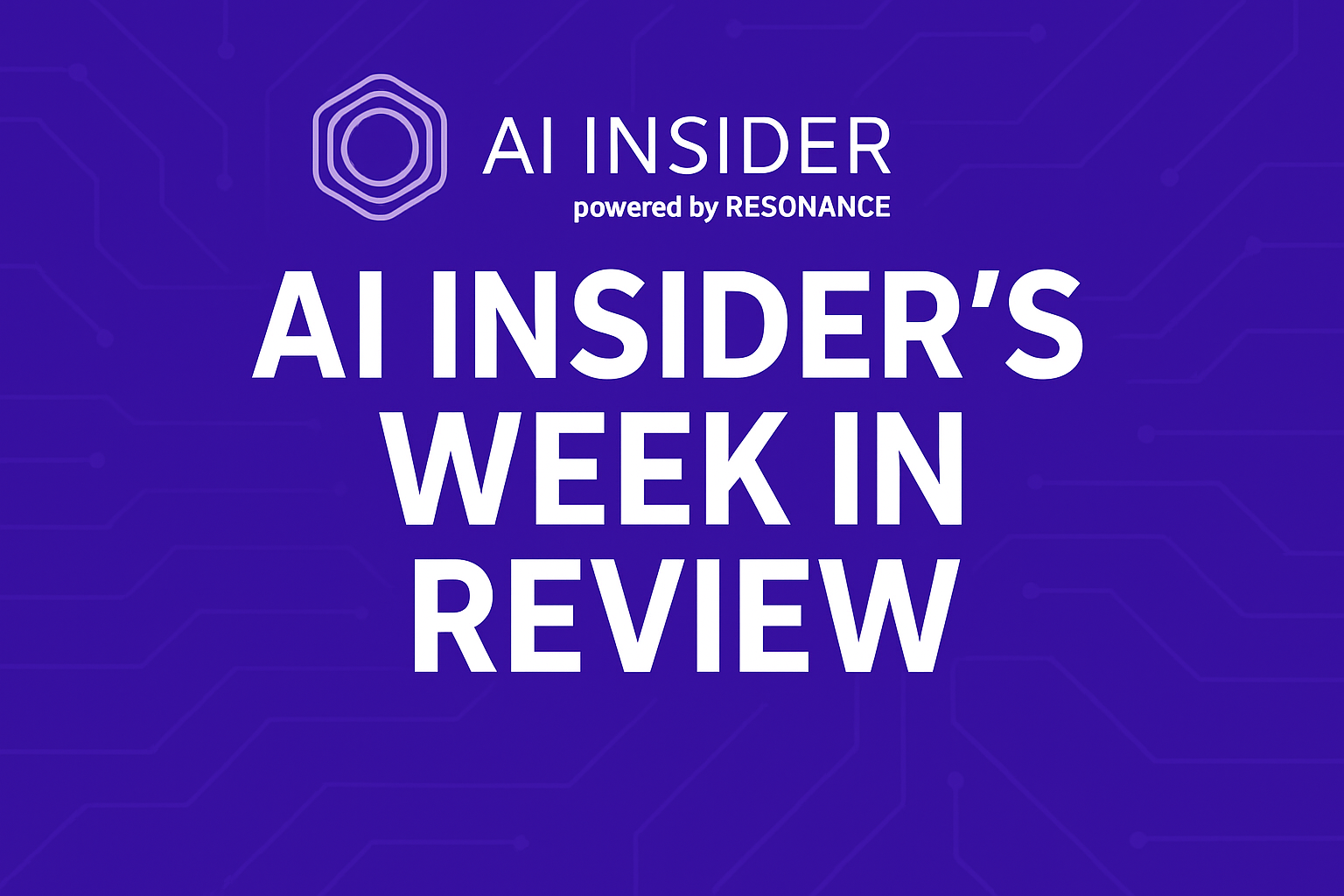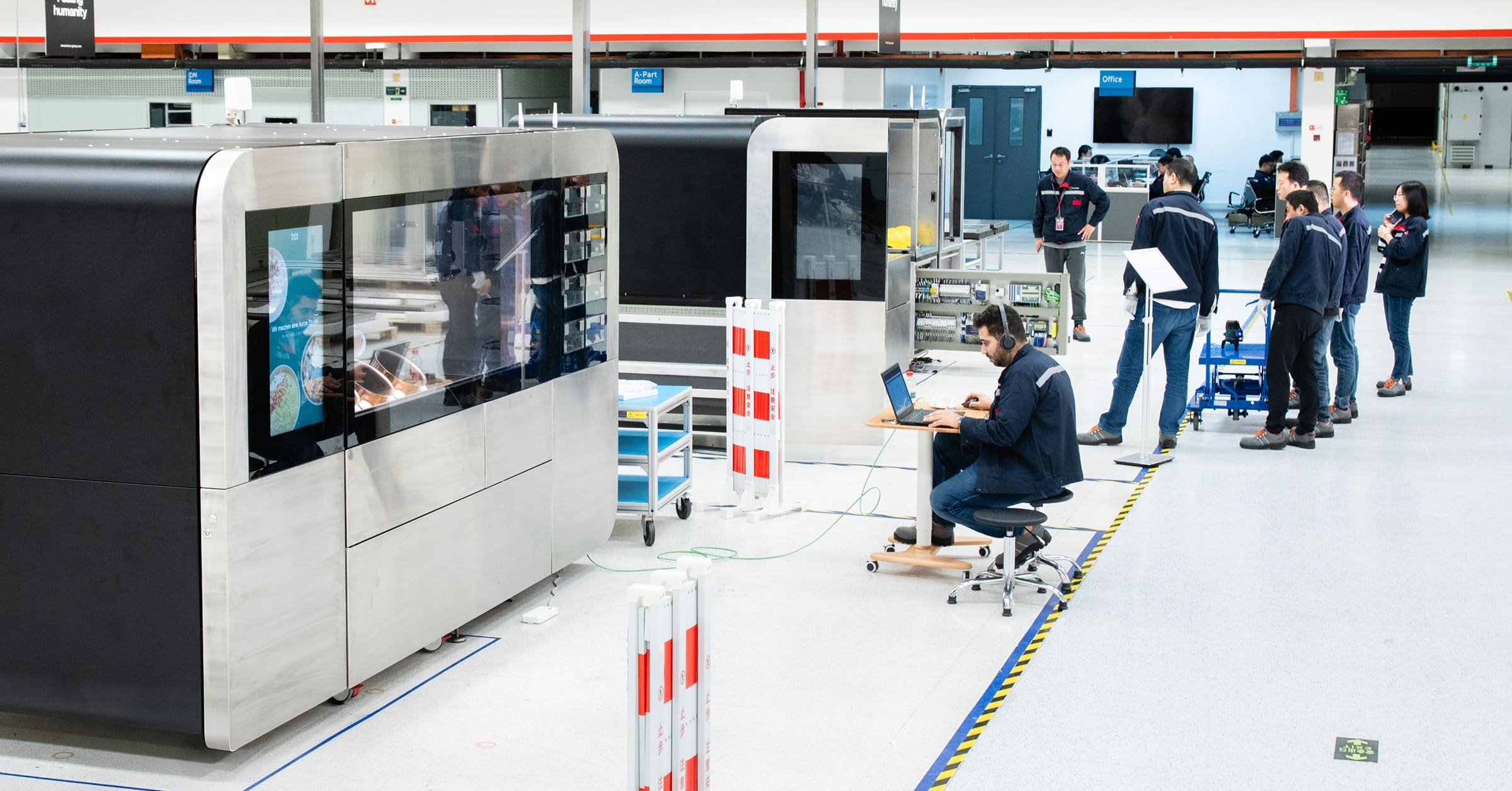As the world grapples with the explosive growth of artificial intelligence (AI), International Energy Agency (IEA) Executive Director Fatih Birol warned in a recent interview that the energy demands of this technology could have far-reaching consequences. However, Birol sees a silver lining in the form of a resurgence of nuclear power, which he believes will play a crucial role in meeting the world’s future energy needs.
Birol acknowledged that AI currently accounts for only 1% of global electricity consumption, but he cautions that “it will grow, but it will not grow globally.” Instead, Birol expects the impact of AI on energy demand to be localized, with certain regions like Wyoming, Singapore, or other countries bearing the brunt of the surge.
“It can be in Wyoming. It can be in Singapore. It can be in this or that country,” he explained.
Despite the relatively modest global impact, Birol stresses that the broader shift towards electrification is a “game changer.” He noted: “We are entering the age of electricity. It is it will be more and more pronounced than maybe oil and gas.” This transition, he believes, will lead to a greater emphasis on nuclear power as a reliable and emissions-free source of electricity.
Birol’s optimism about nuclear power’s resurgence is palpable.
“There is no question about that,” Birol began. “The countries that have nuclear power plants, they are extending the lifetimes of the nuclear power plants, building new ones. And many countries who never had the nuclear power plant in their countries are now thinking planning to build nuclear power plants because nuclear power generates electricity without any interruption.”
However, Birol sees the challenges associated with nuclear power, including the significant financial hurdles and the risks involved.
“But the problem is for me, for the nuclear, the biggest challenge today in front of nuclear, how are we going to finance nuclear power plants? he said. “Because there financement is very, very high. The down payment is very high.”
Despite these obstacles, Birol remains bullish on nuclear power’s potential. He predicts that 2025 will see the “highest nuclear power generation in the history,” a positive development he believes “is good for the world.” This shift, he suggests, will not be limited to China, which has dominated the nuclear power landscape in recent years, but will extend to the United States, Europe, Asia, and even Africa.
As the world grapples with the energy demands of the AI revolution, Birol’s insights offer a glimpse into the future of the global energy landscape, one that may be increasingly defined by the resurgence of nuclear power.






